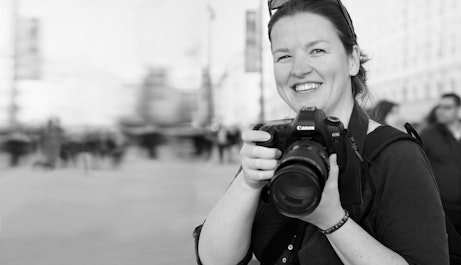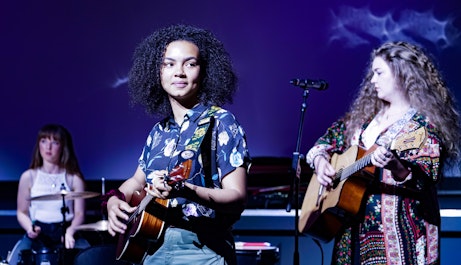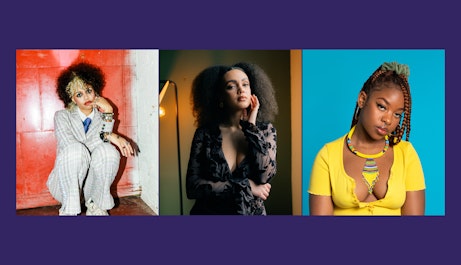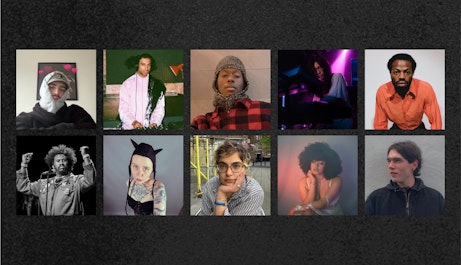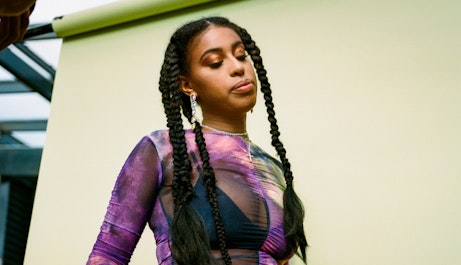Laura Snapes is the Guardian's acting music editor. In 2017, we were lucky enough to work with Laura in the run-up to the launch of our gender equality initiative Both Sides Now.
Who better to share their top tips for aspiring music journalists?
Read far and wide
I mistrust anyone who says that the ‘golden age’ of music writing happened in the 1970s or 80s. As far as I’m concerned, the diversity of writers and formats available today makes now the golden age of music writing. But that doesn’t mean the past is all bad (though there are some really bad bits that history likes to gloss over). Complement your internet reading habits with the richness of anthologies and archives. Get Ellen Willis’ Out of the Vinyl Deeps and go from there.
Expand your library
The best writers are the ones who can link together ideas from different disciplines. This will come naturally if you’re interested in music, as the best musicians steal from all mediums, but make sure that you do too. Look at the socio-political context around an artist, or how a record or sound might tie in with prevailing trends in, say, cinema or fashion.
Listen to everything
As with the interdisciplinary approach detailed above, a familiarity with all kinds of music will only deepen your ability to respond to whatever you’re listening to. And it’s a massive cliche by now, but genre is increasingly irrelevant: jazz and hip-hop intertwine as fluidly as classical and techno, and knowing a bit about all of those things means that you’ll rarely be hit by a curveball.
Develop a specialism
When you think about great, in-depth pieces of music writing that really thrilled you, chances are they were written by someone who had spent their whole life up to that point thinking about the subject at hand. Make yourself the go-to person in a certain field – whether a scene or even the business side of things – and you’ll always be in demand.
Do it because you have something to say
Not to yell too loudly at clouds, but it winds me up when you see certain sites and writers whose sole existence is predicated on being able to live a certain kind of lifestyle. Kudos to them for figuring out how to play a system where free drinks and gig tickets are never in short supply, but if you want to be a music writer, do it because you have something to say rather than because you want a mealticket to hang out in Dalston/the Northern Quarter with other industry idiots. Trust me, that side of things gets boring fast.
"It’s a massive cliche by now, but genre is increasingly irrelevant: jazz and hip-hop intertwine as fluidly as classical and techno, and knowing a bit about all of those things means that you’ll rarely be hit by a curveball."

